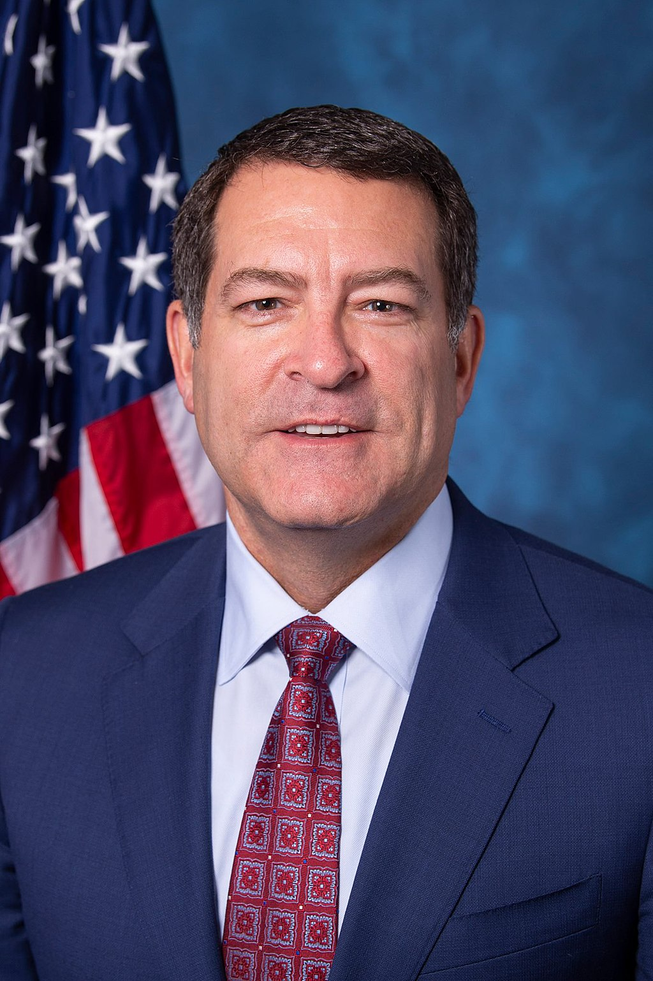S. 2660: Modern Risk Detection Act of 2025
This bill, known as the Modern Risk Detection Act of 2025, aims to amend existing legislation related to pipeline safety. The primary objective is to update the standards that govern pipeline facilities, allowing for risk-based approaches to be utilized more effectively by their owners and operators.
Key Provisions
- Risk-Based Approach: The bill specifies that the Secretary of Transportation must ensure that the regulations set forth allow for the application of risk-based principles. This means that pipeline operators can assess risks and manage them according to their specific circumstances rather than adhere strictly to one-size-fits-all safety standards.
- Flexibility in Compliance: By focusing on risk assessments, pipeline operators could have more flexibility in how they comply with existing safety regulations. This could permit tailored strategies that are believed to effectively address potential hazards based on actual risk levels rather than uniform safety measures.
- Encouragement of Innovative Solutions: The bill encourages the exploration of new methods and technologies for enhancing pipeline safety and efficiency as part of a risk management strategy.
- Oversight and Standards Setting: The Secretary of Transportation has an authoritative role in ensuring the incorporation of these risk-based methods into safety standards, aiming to better align regulatory requirements with the actual risks faced by pipeline operators.
Impact of the Bill
The introduction of this bill indicates a shift towards adapting regulatory frameworks to accommodate evolving practices in risk management for pipeline safety. By promoting a risk-based approach, the bill encourages pipeline operators to take greater initiative in identifying and managing potential risks based on their individual operational contexts, potentially resulting in improved safety outcomes.
Relevant Companies
- ET (Energy Transfer) - As a significant operator in the pipeline industry, the company's adherence to risk-based approaches could impact how it manages its operations and regulatory compliance.
- CQP (Cheniere Energy Partners) - This company may benefit from the flexibility provided by the bill, enabling it to tailor safety practices around the unique challenges posed by its pipeline systems.
- DCP (DCP Midstream) - DCP, involved in natural gas services, may see implications in how it manages regulatory compliance and safety assessments under the new risk-based guidelines.
This is an AI-generated summary of the bill text. There may be mistakes.
Sponsors
1 sponsor
Actions
2 actions
| Date | Action |
|---|---|
| Aug. 01, 2025 | Introduced in Senate |
| Aug. 01, 2025 | Read twice and referred to the Committee on Commerce, Science, and Transportation. |
Corporate Lobbying
0 companies lobbying
None found.
* Note that there can be significant delays in lobbying disclosures, and our data may be incomplete.





